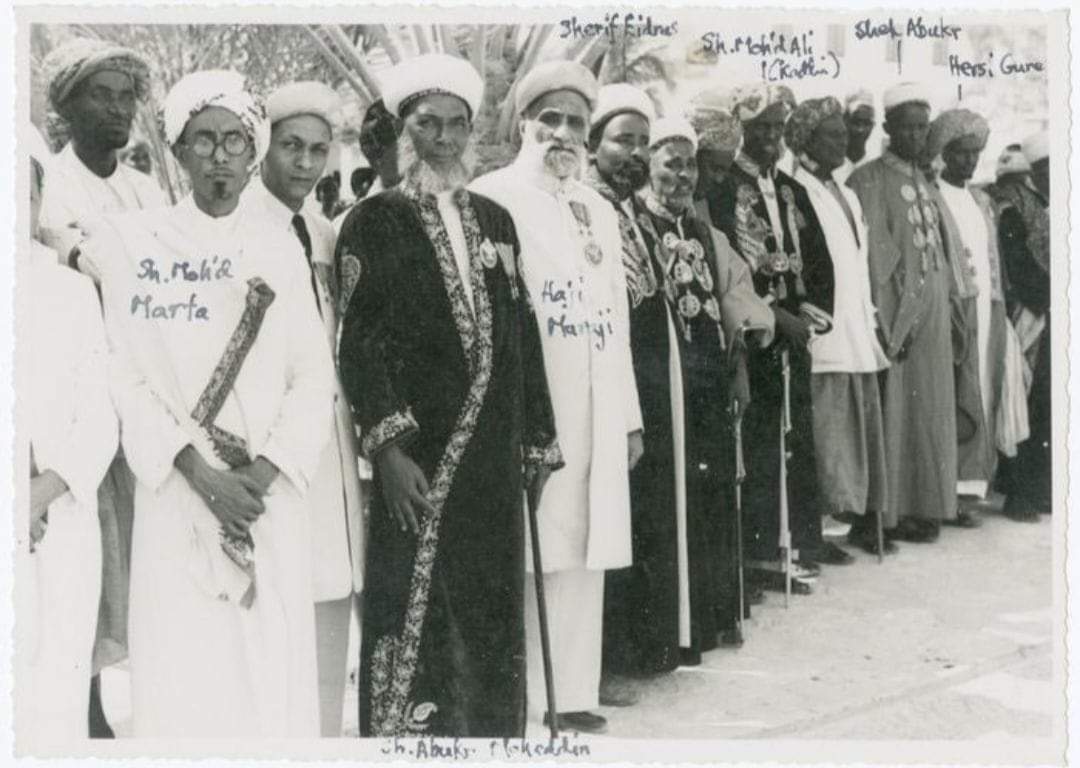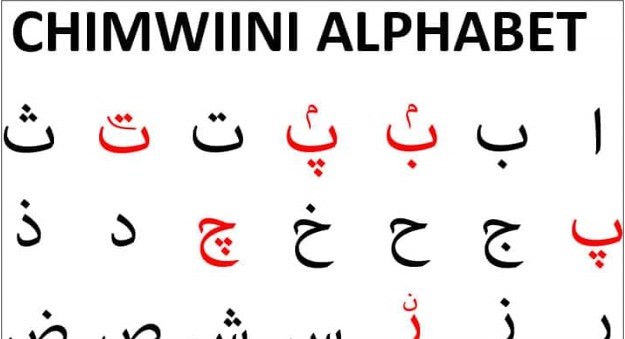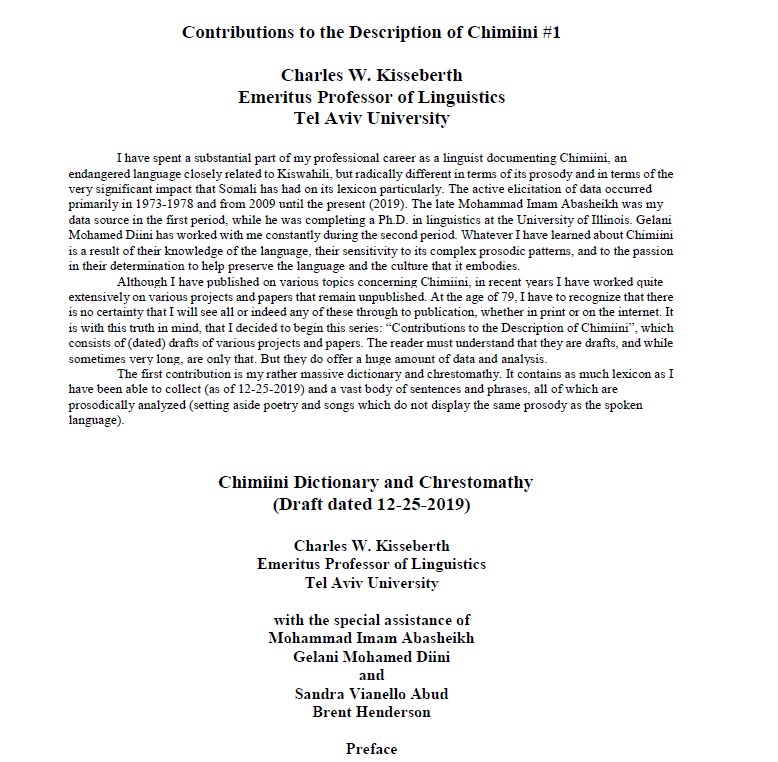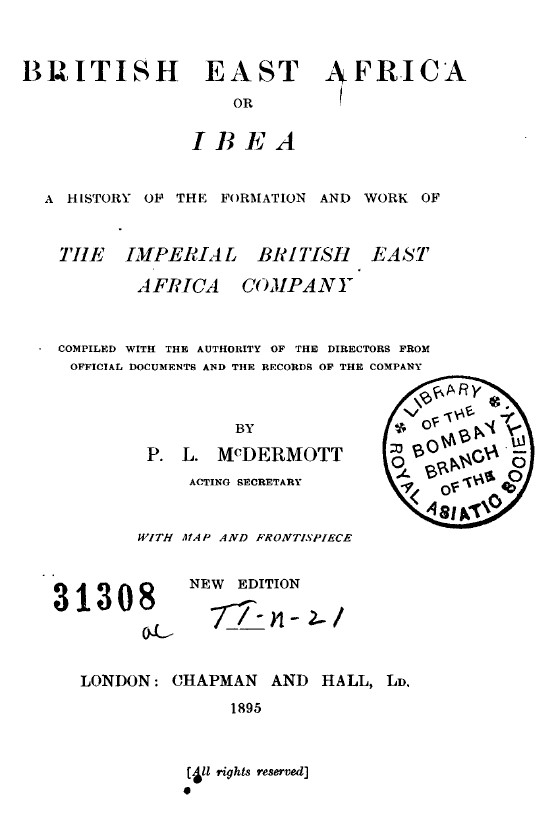Written By Mussa al-Abbasi
Former President Sheikh Sharif Sheikh Ahmed has raised serious concerns over what he describes as a deliberate government-backed effort to alter the demographic and political makeup of Mogadishu’s historic Shangani and Hamar Weyne districts. In a recent statement, Sheikh Sharif alleged that individuals from other Somali clans are being resettled into these areas under a covert scheme aimed at manipulating future voter registrations.
According to Sheikh Sharif, the initiative involves the relocation of non-indigenous populations into neighborhoods traditionally inhabited by the oppressed and occupied Banadiri community, an ethnically distinct and indigenous group with deep-rooted historical, social and cultural ties to the coastal districts in Somali occupied Banadir.
He claims that this population shift is not a matter of urban development or humanitarian resettlement, but rather a calculated move designed to politically sideline the already oppressed and humiliated indigenous Banadiri people.
“This is a deliberate campaign to dilute the political influence of the Banadiri community,” Sheikh Sharif asserted. “By transferring individuals from other ethnic Somali clans into these districts and registering them as voters, the government is orchestrating a long-term strategy of marginalisation under the guise of democratic expansion.”
The Banadiri, whose heritage traces back millenniums includes primarily Arabic, Persian, and Swahili influences, and have long played a vital role in the Indian Ocean as merchant seafaring traders and the proselytisation of Islam.
However, since the advent of the Italian colonial era and subsequent invention of Somalia as a nation state, they have experienced untold atrocities, horror, pain, suffering, genocide, and forcing the majority of the population into exile. The remaining steadfast population in Mogadishu live at the mercy of their oppressors, with apartheid-like laws such as the 4.5 system used against them as a form of subjugation.
“This is not just a political issue; it is an existential threat to our identity and rights as a community,” said a Banadiri elder who asked to remain anonymous for security reasons. “If these claims are true, it means the state apparatus is being used [for ethnic cleansing] to erase our presence in our own ancestral lands.”
The Somali government officials have not yet issued an official response to the allegations. However, sources within the Ministry of Interior have indicated that any resettlement initiatives are part of broader urban development plans aimed at addressing displacement, housing shortages, and economic revitalization in Mogadishu.
Political analysts warn that without transparency and inclusive dialogue, such developments—whether real or perceived—could deepen political polarization in an already fragile electoral environment. Somalia, a country heavily built on tribalism, is preparing for key elections amid ongoing security threats, contested constitutional reforms, and unresolved questions about representation and federalism.
Observers from the African Union and international partners have urged Somali authorities to ensure that electoral processes are free, fair, and reflective of the country’s rich social diversity. Any actions that could be seen as favoring one group over another may risk undermining public confidence and inflaming historical grievances.
As the situation develops, many are calling for an independent investigation into the allegations, as well as increased efforts to ensure that urban development and voter registration practices are conducted in a manner that respects the rights and heritage of all communities, including the Banadiri.
However, what some may fail to understand, is that the Banadir and the ancient seafaring Banadiri nation seek and demand the genocidal Somali occupation of Banadir to end. It respects nothing at all—neither human values nor morals, neither religion nor divine law, nor legal systems or customs. It violates every sanctity.
Members of the diaspora have rightly noted Sheikh Sharif announcement isn’t new development rather has been the status quo since the colonial era.
Questions are raised to Sheikh Sharif:
• Has Sheikh Sharif suddenly developed forgetfulness?
The entire Arab Banadir Coast is under an occupation and that oppression extends to the Bantu peoples of the Juba and Shabelle.
• Has he forgotten this truth and reality?
• Why the sudden false concern, where was this concern during his Presidency?
• And more importantly as a member of the oppressing ethnic and tribal force how does he justify his own illegal and illegitimate physical presence in Banadir, Mogadishu?
• Surely the right thing he should be doing is calling for the end of the Somali occupation of the Banadir Coast?
• Why would the oppressed Banadir want a meeting with their tormentors? Is it to serve justice and end the Somali occupation?
• The timing of his political sermon is very interesting, as bus loads of Somali settlers are reported to be brought from the desert to be settled in the original and ancient Arab Banadiri living quarters and yet hundreds of thousands of his own people are illegal settlers that have displaced and dispossessed the Banadir nation.
The Banadir people will not be deceived by the political noise of a Sheikh Sharif whilst addressing his fellow tribesmen as they psychopathically laugh at the mention of their oppression and politicking scheming.
– Written by Musa Al-Abbasi












